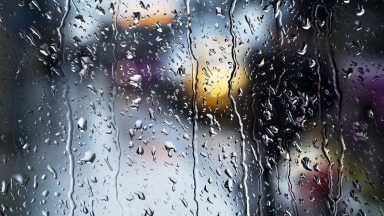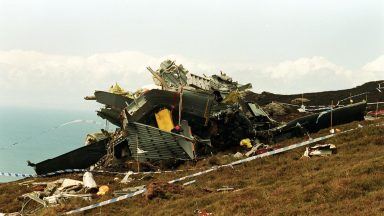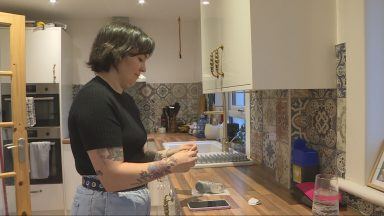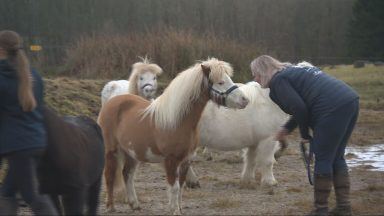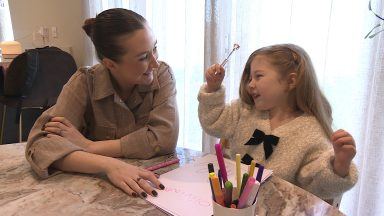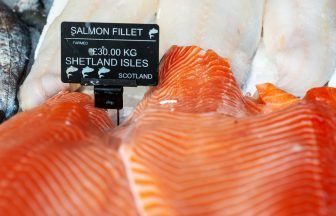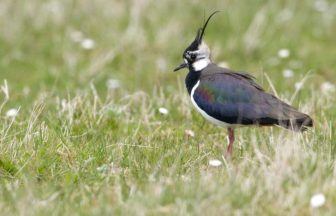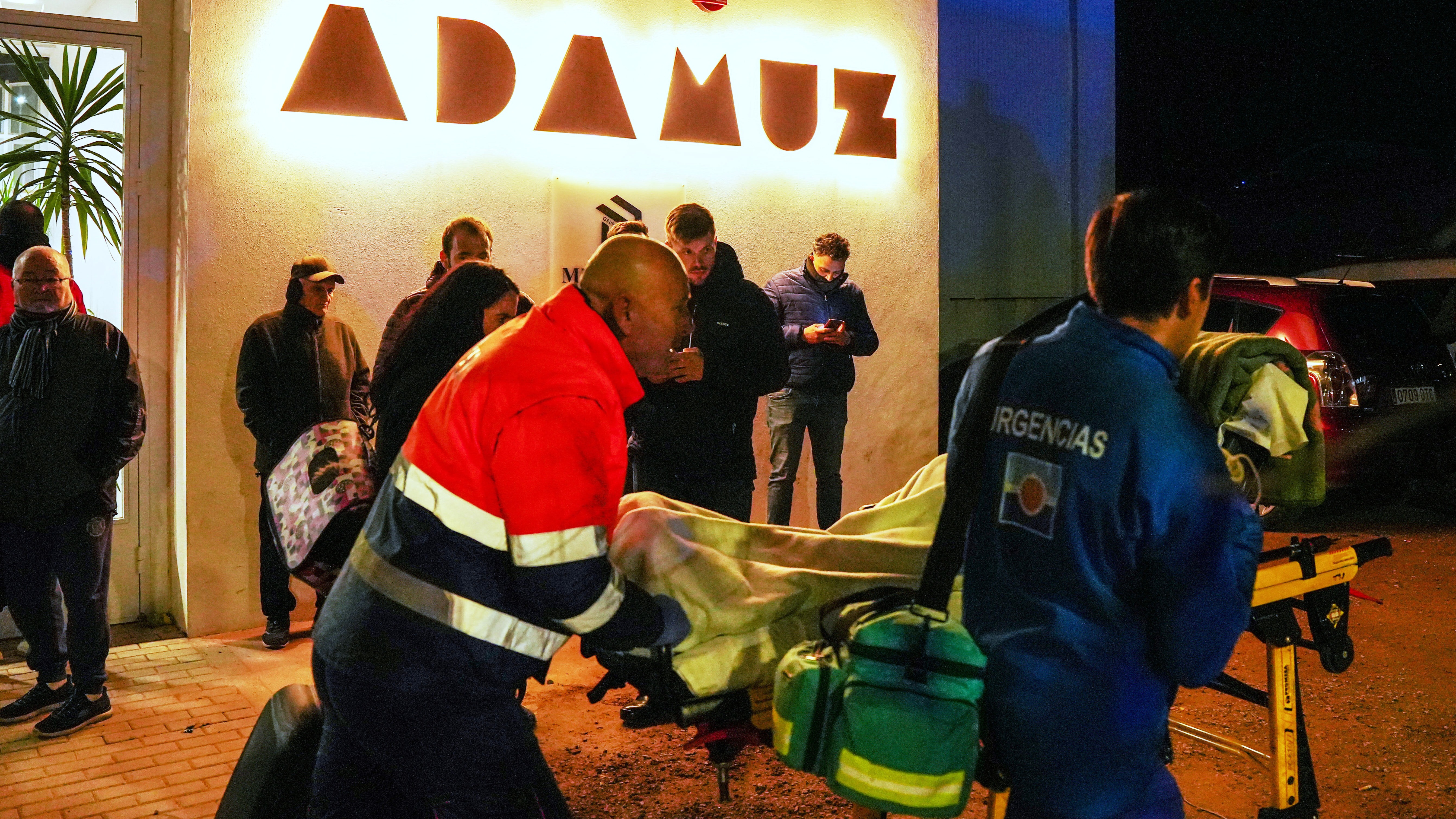Scots are being offered the chance to trace their family ancestry and discover what the country was like 100 years ago, as the 1921 census has been released.
The National Records of Scotland say the census provides a glimpse into the home and working lives of those who lived at the time.
Family-history website ScotlandsPeople has now been updated to include over 9000 volumes of enumeration district books, comprising more than 200,000 images of 4.8m individual records.
The scanned images of the original handwritten census books detail each address varying from the finest hotels to cramped working-class tenements.
Ships and seas and people who lived in tents are also included in the records.
Everyone is listed against the accommodation with details including their relationships, age and occupation.
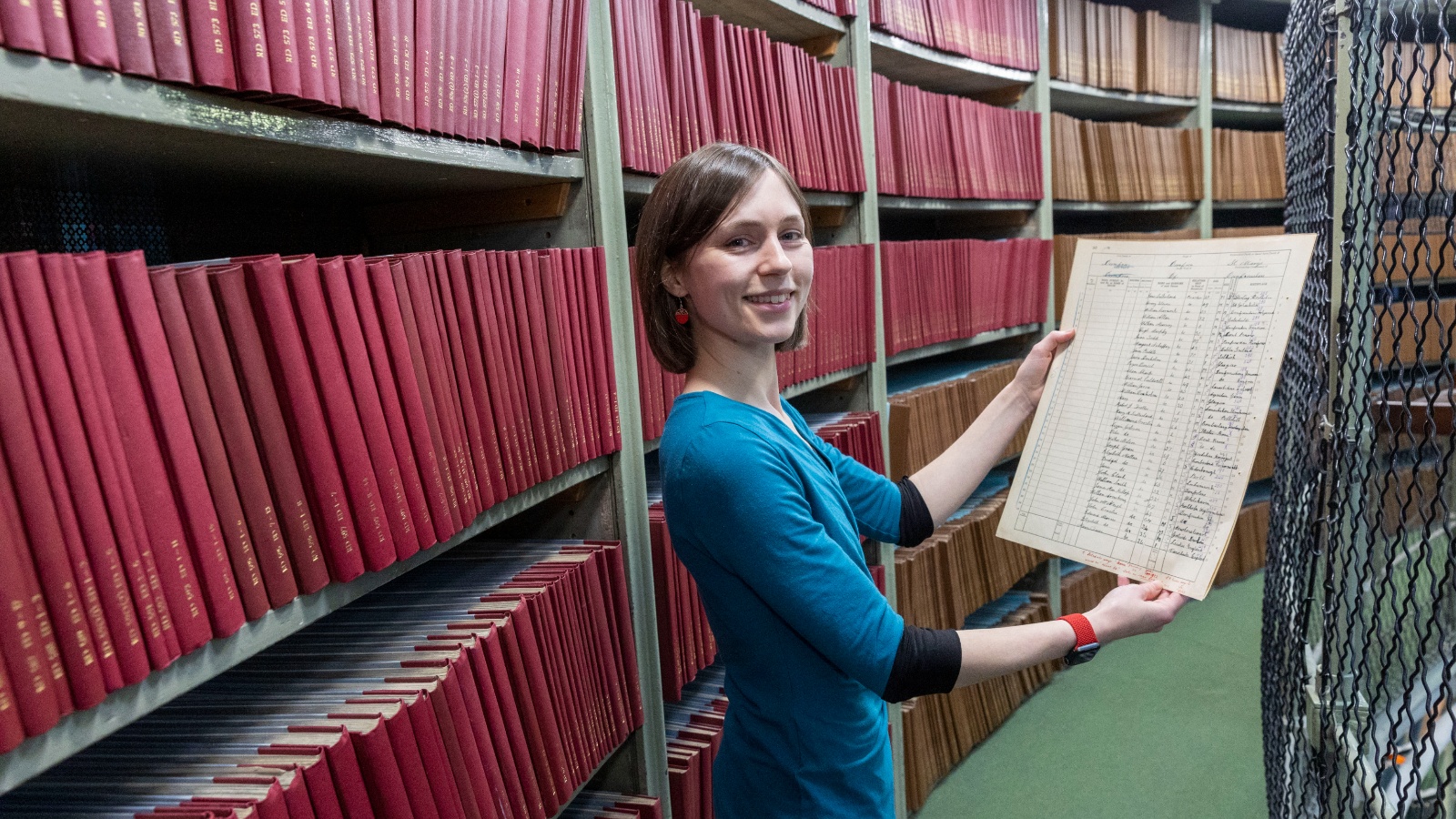 National Records of Scotland
National Records of ScotlandThe records, gathered on the night of June 19, 1921, also include information on orphan-hood, dependent children and workplace for the first time.
The census offers a glimpse into the private lives of people living through a period of social and economic turmoil.
They represent generations struggling to emerge from the shadows of the First World War and the Great Influenza Pandemic.
It was also an era of greater social, economic and political freedom for women.
Madge Easton Anderson– the first woman in Britain to qualify as a solicitor – is represented in the census and recorded as a ‘law agent’.
Margaret Kidd, is recorded as ‘law student’. Kidd would go on to become the first woman to be called to the Scottish bar, Britain’s first female King’s Counsel and the first female Sheriff Principal.
Jocelyn Grant, archivist, at National Records of Scotland said: “The release of the 1921 census allows us to trace our ancestors and notable individuals in Scotland’s history at a particular point in time. We can explore where a person was staying, what their home was like, who they were with, what their occupation was and who they worked for. This information makes the census a fantastic resource for researchers and family historians.”
She added: “1921 is an interesting time in history. A change in the law meant women could now pursue careers in professions such as law, medicine and the civil service.
“However, this isn’t the roaring 20s we’re used to hearing about. Huge numbers live in poor, overcrowded conditions. Unemployment is high and there is widespread industrial unrest. The census shows soldiers stationed at collieries across central Scotland. A group of 156 soldiers are even using part of a school in Fife as a barracks.
“But there is fun too. St Andrews is poised to host the 1921 Golf Open and the town’s hotels are crammed with the world’s best players and their media entourage.”
Follow STV News on WhatsApp
Scan the QR code on your mobile device for all the latest news from around the country


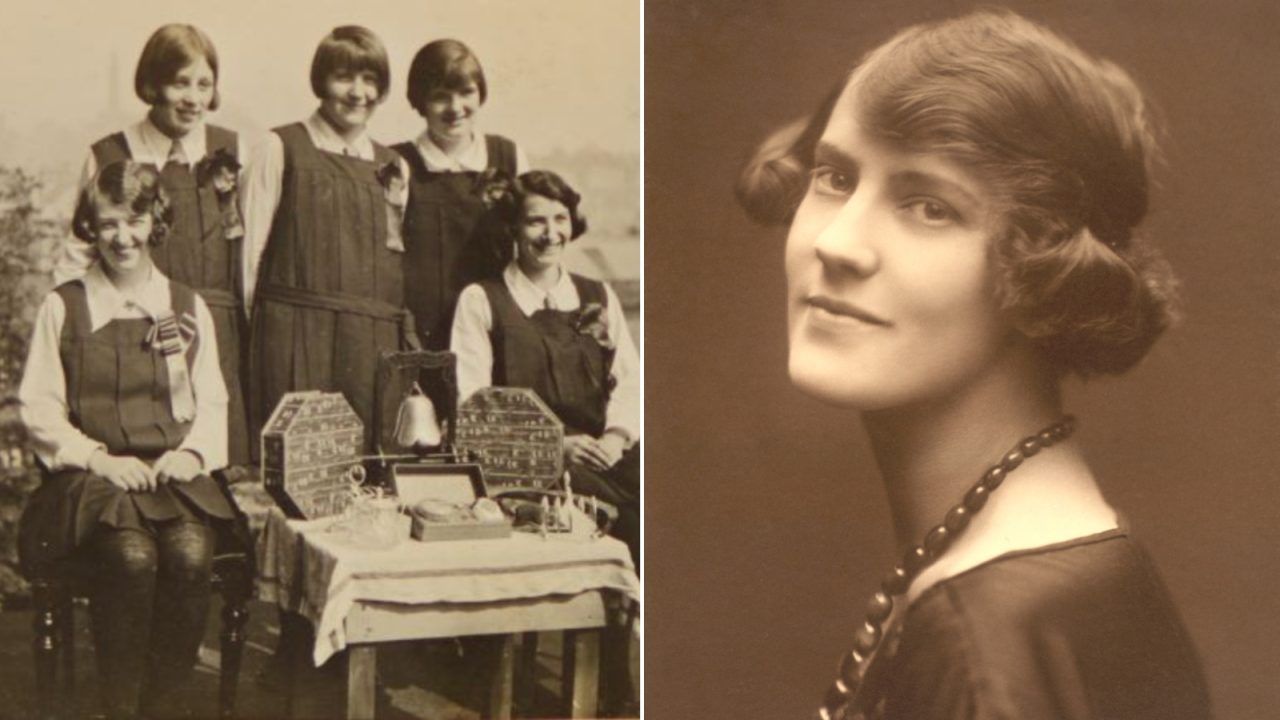 National Records of Scotland.
National Records of Scotland.



